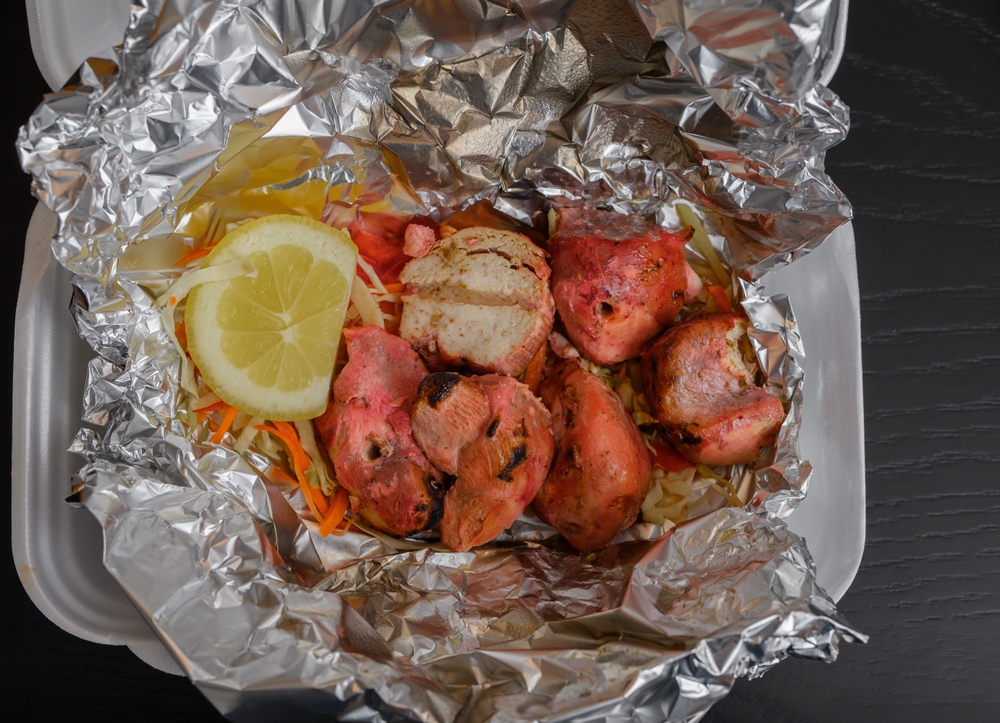Many people rely on aluminum foil to wrap up leftovers or send food home with guests after a meal, but experts warn that it may not be the safest method for food storage. While it’s undeniably convenient, aluminum foil has limitations that make it less than ideal for keeping food fresh and safe. Unlike containers with airtight seals, foil fails to fully protect food from exposure to air, moisture loss, and bacteria growth, creating conditions that can potentially lead to foodborne illness.
One of the primary issues with aluminum foil is its inability to create an airtight seal. No matter how tightly you wrap your leftovers, air will inevitably find its way in, making it easier for bacteria to thrive. Proper food storage involves limiting air exposure and retaining moisture to prevent bacterial growth, but foil falls short on both counts. Popular alternatives like plastic bags and Tupperware are far better equipped to keep food safely sealed and stored.
The Centers for Disease Control (CDC) warns that improper food storage, including the use of aluminum foil, can encourage the growth of harmful bacteria such as staphylococcus (staph) and Bacillus cereus. Staph, for instance, is commonly found on human skin and in the nose, and it can easily contaminate food if proper hygiene practices aren’t followed. Once introduced to food, staph bacteria can multiply and produce toxins that are resistant to heat, making them a serious risk even after cooking.
Aluminum foil also increases the likelihood of chemical contamination when used with certain foods. Acidic or salty dishes, such as tomato sauce or marinades, can cause aluminum to leach into the food. This not only alters the taste but may also lead to increased aluminum consumption, which has been linked to health concerns when ingested in large amounts over time. Additionally, improper use of foil can expose food to other dangerous pathogens like Clostridium botulinum and Listeria monocytogenes, both of which can cause severe illness despite being relatively rare.
For those who still prefer to use aluminum foil, experts suggest limiting its use to short-term storage, ideally no more than two days. Foods should be allowed to cool before being wrapped in foil, as wrapping hot or warm food can exacerbate the risks. For long-term storage or maximum safety, it’s better to turn to airtight containers or resealable plastic bags, which provide superior protection against bacteria and contamination. While foil may be a quick fix, it’s not worth the potential health risks it brings to the table.


